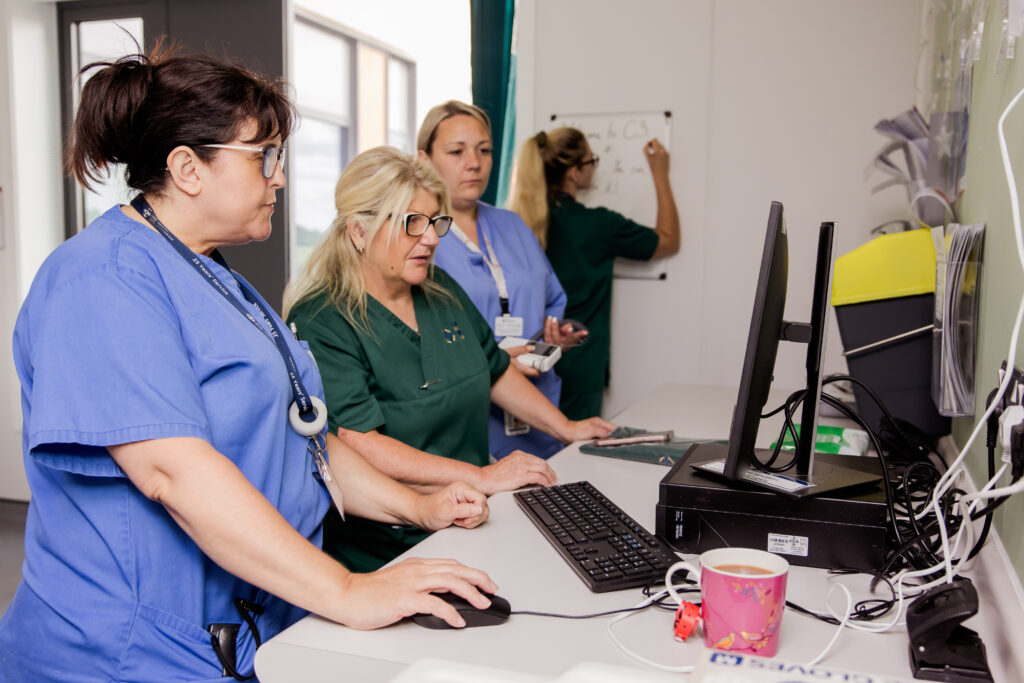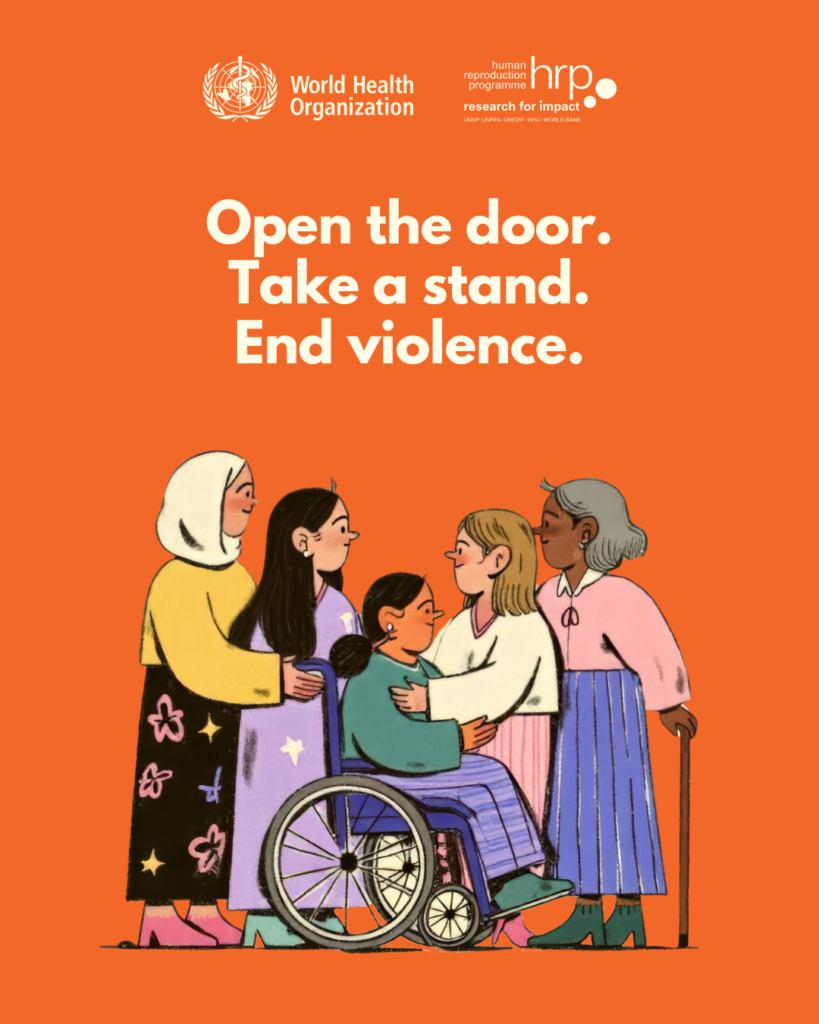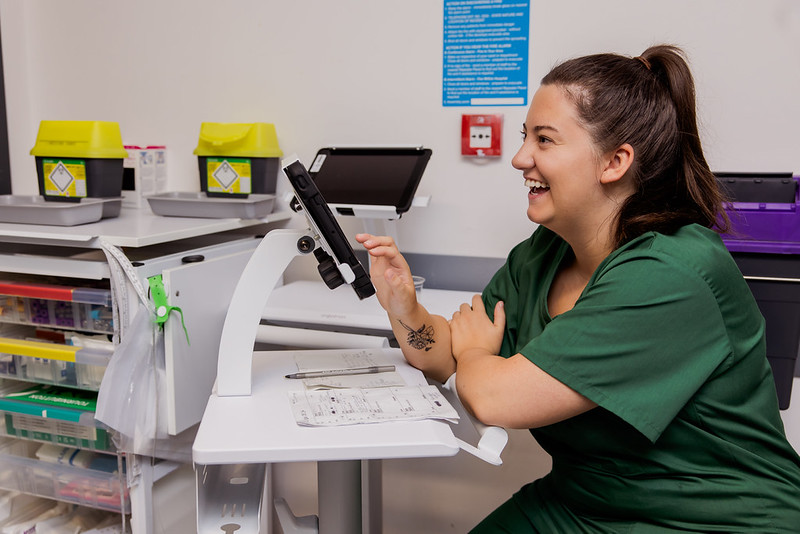New data from the Nursing and Midwifery Council (NMC) has revealed a shock fall in the number of UK-educated midwives who are joining the register. The Royal College of Midwives (RCM) has described the decrease of 12.5% as ‘significant’, given the understaffing challenges blighting maternity services.
The RCM has been warning of the impact of financial pressures on students since the removal of the bursary in 2017. Its State of UK Midwifery Student Finance, published in September, highlighted the impact of tuition fees and living expenses that are forcing student midwives out of a career in midwifery. Increasing numbers of students are leaving their courses before completion because they simply can’t afford to continue. This, the RCM says, has undoubtedly impacted on the current staffing levels and the recruitment and retention crisis engulfing maternity services.
The RCM’s The State of UK Midwifery Student Finance report highlighted that three-quarters of midwifery students in England are graduating with debts exceeding £40,000. Student midwives in England were dealt a further blow when earlier this month an increase of 3.1% to their fees was announced. However, across all four countries midwifery students face common financial challenges including loss of any previous benefits such as childcare support and Universal Credit. The difficulty balancing paid employment with fulltime academic work and clinical placements to make ends meet is another key reason why so many midwives who begin training are forced to leave their courses.
Commenting the RCM’s Chief Executive, Gill Walton said:
“The Government cannot say we did not warn them of this unfolding crisis. From the moment the bursary was taken away from students, we’ve known that a career in midwifery would be out of reach for many. Midwives are likely to spend their careers entirely in the NHS, yet they start with nearly £40,000 of debt. That’s why we’ve called on the Government to forgive that debt after working at least three years as an NHS midwife. We already have a shortage of midwives. Unless we stem this decline in new UK-educated registrants, that shortage – and the quality of care that is available to women and families – will only worsen.”
The RCM says one of the solutions for England is for the Westminster Government to look at what is happening in Scotland, Wales, and Northern Ireland. In exchange for a commitment to work as an NHS midwife post qualification, student midwives in England should also have their fees paid for them, alongside an annual, non-repayable bursary of £10,000.
The NMC’s report has also highlighted the growth in midwives joining the register has slowed when compared to 2023 and worryingly there are more midwives leaving with five years or less on the register. This, the RCM says, chimes with its own member research on why midwives leave the profession.
Gill added:
“In order to improve recruitment and retention of midwives the NHS must ensure staff are treated fairly and not over worked to the point of burnout, this is sadly why we are seeing so many newly qualified midwives leaving the profession after five years or less service. Early career midwives are also not always getting the support to develop the skills they need as understaffing is impacting on the time senior midwives have to support the training of student midwives. The NHS we know also struggles to retain longer serving midwives and when they leave, they take years of skills and experience with them that then can’t be passed on to newly qualified and student midwives. Our members constantly tell us, staffing pressures, stress, pay and a lack of flexible working opportunities are some of the main reasons why they have left they have left the service or are considering leaving midwifery.”
ENDS
For interview requests and to contact the RCM Media Office call 020 7312 3456, or email media@rcm.org.uk
NOTES TO EDITORS
- Increased tuition fees will fuel shortage of midwives, warns RCM – Royal College of Midwives
- Read the RCM report here: State of UK Midwifery Student Finance Report
- Midwife recruitment hit by student finance pressures – Royal College of Midwives
- *The latest NHS workforce statistics for England also show that despite the upward trend in midwife numbers, the proportion of England’s NHS workforce made up of midwives is still reduced – see RCM’s evidence on workforce challenges submitted to the NHS Pay Review Body on 26 November https://rcm.org.uk/wp-content/uploads/2024/11/RCM-PRB-Evidence-2025.pdf
- Counting the cost – Royal College of Midwives
The Royal College of Midwives (RCM) is the only trade union and professional association dedicated to serving midwifery and the whole midwifery team. We provide workplace advice and support, professional and clinical guidance, and information, and learning opportunities with our broad range of events, conferences, and online resources. For more information visit the RCM | A professional organisation and trade union dedicated to serving the whole midwifery team.


